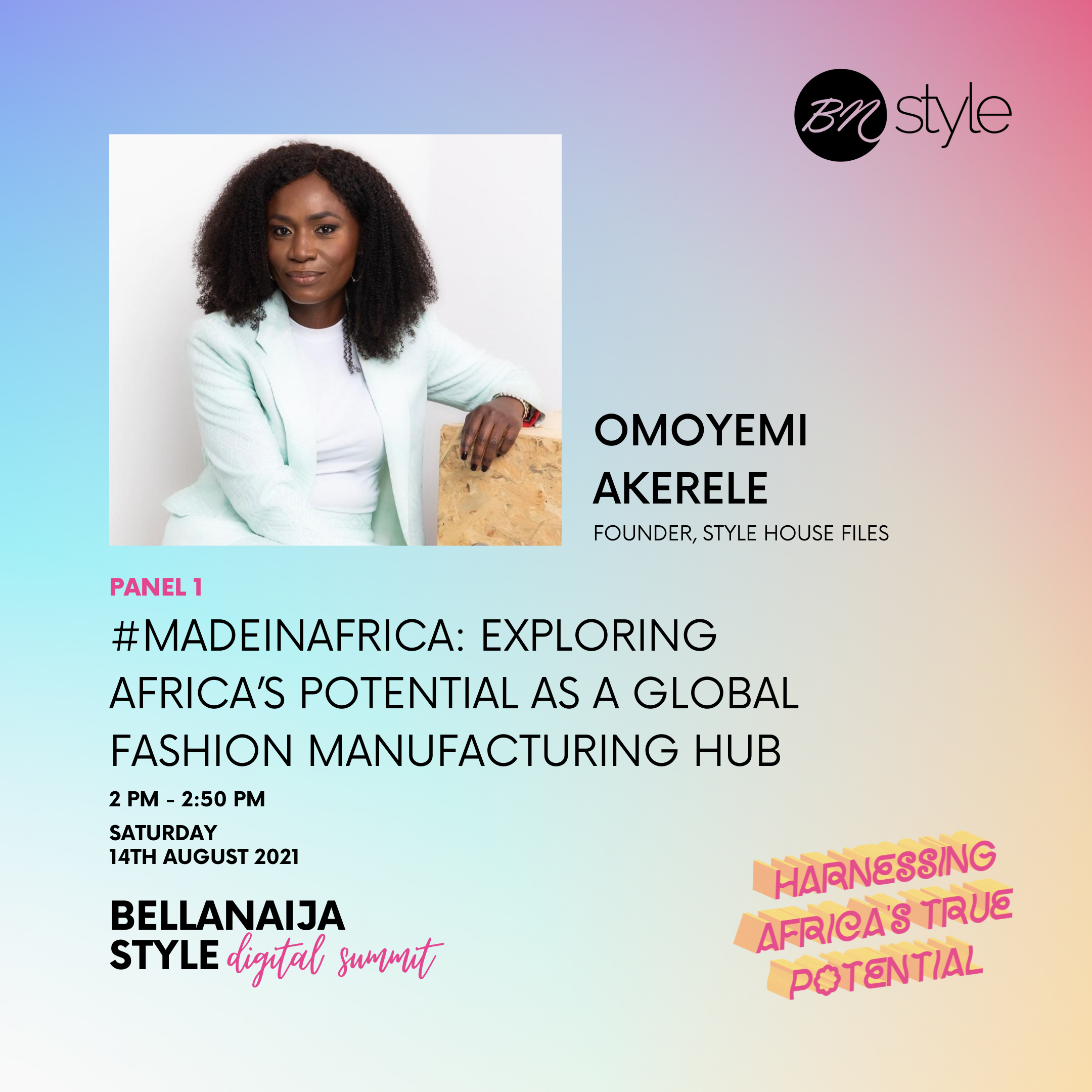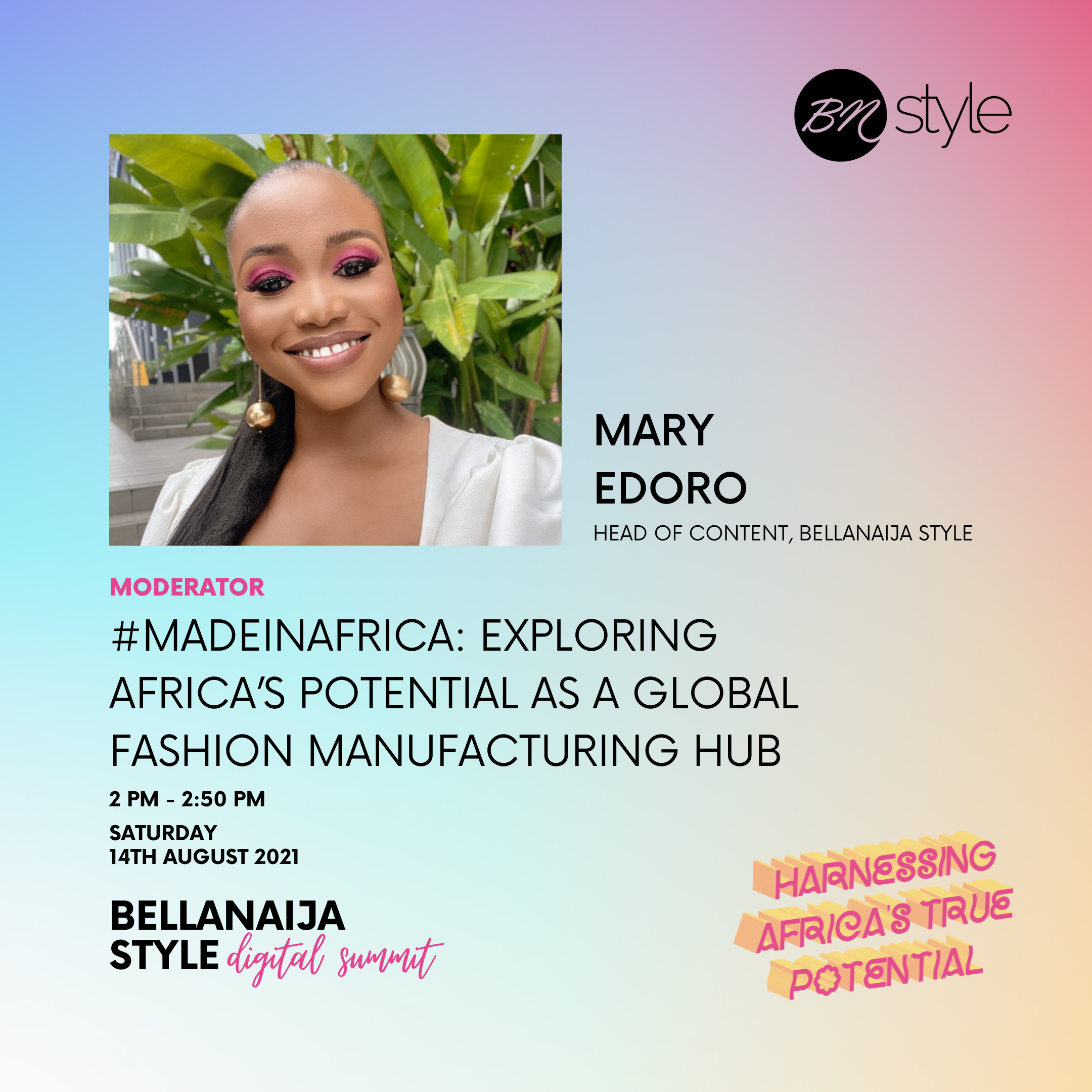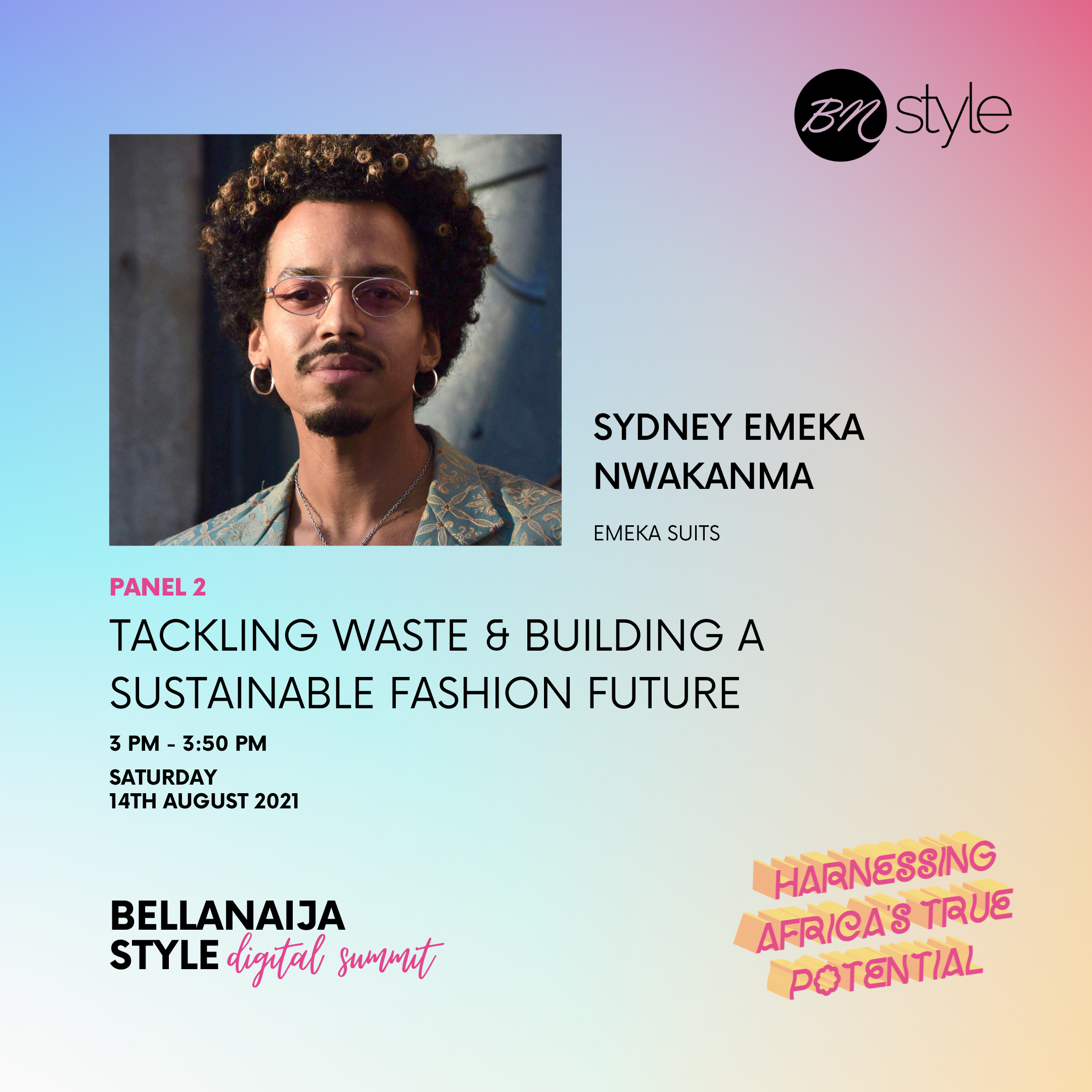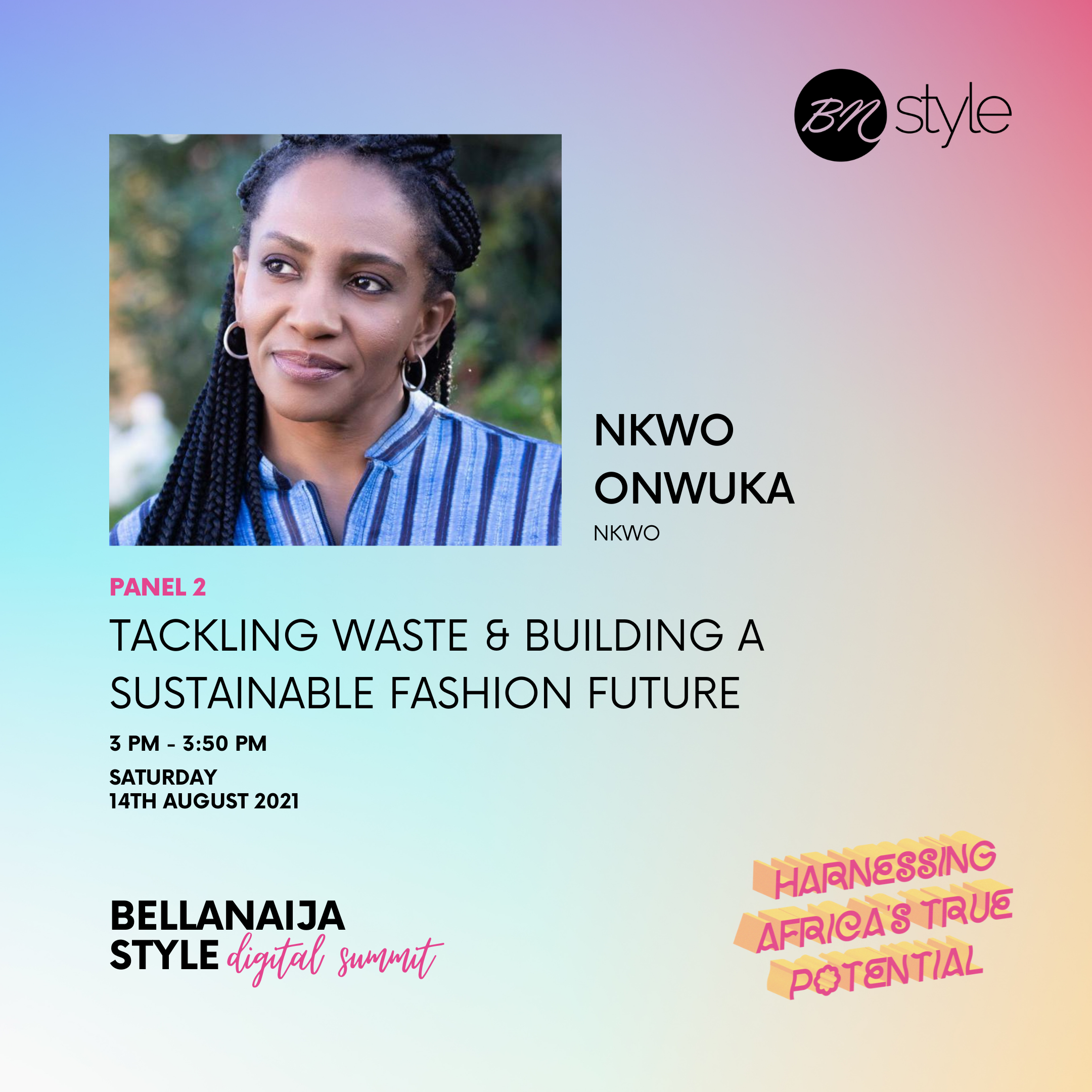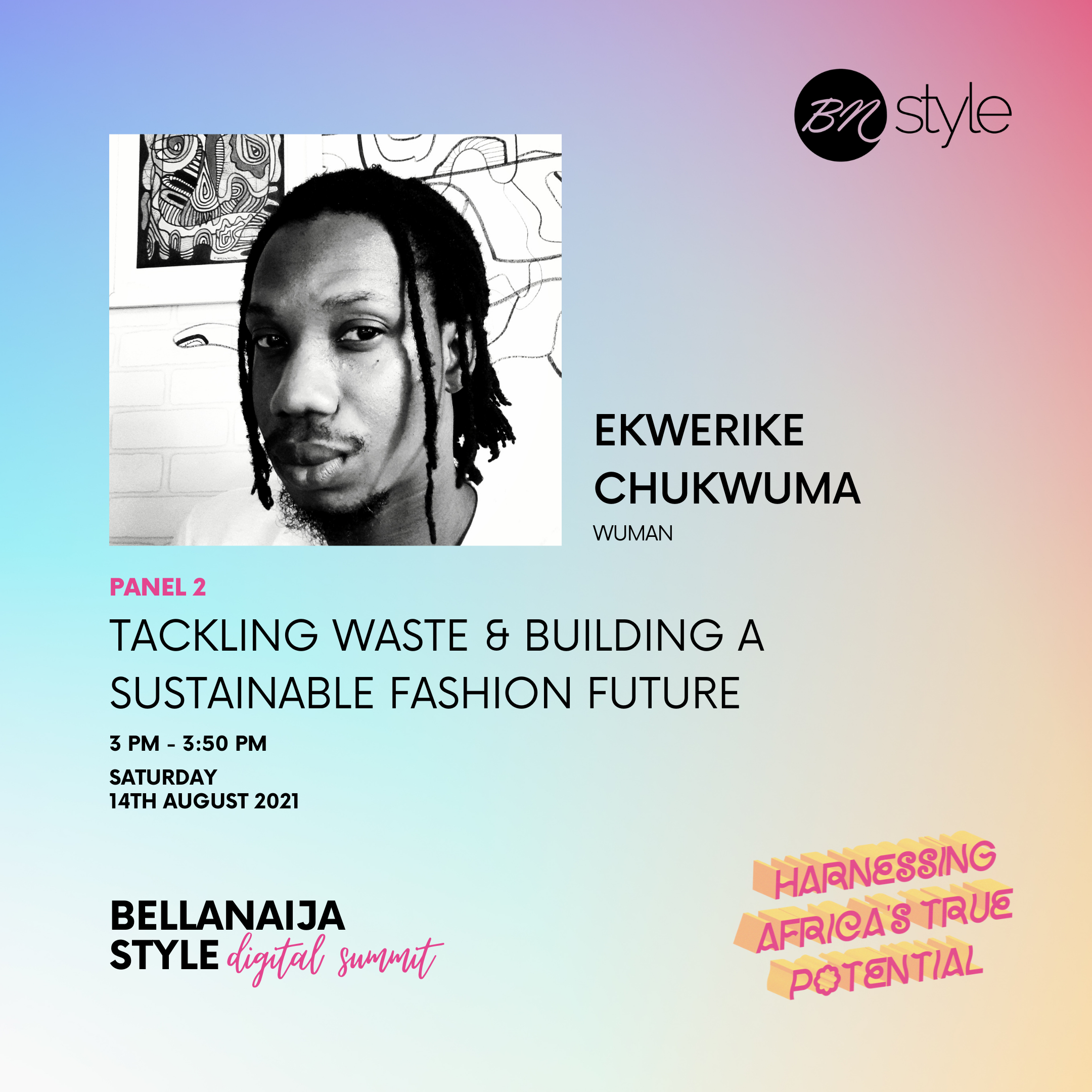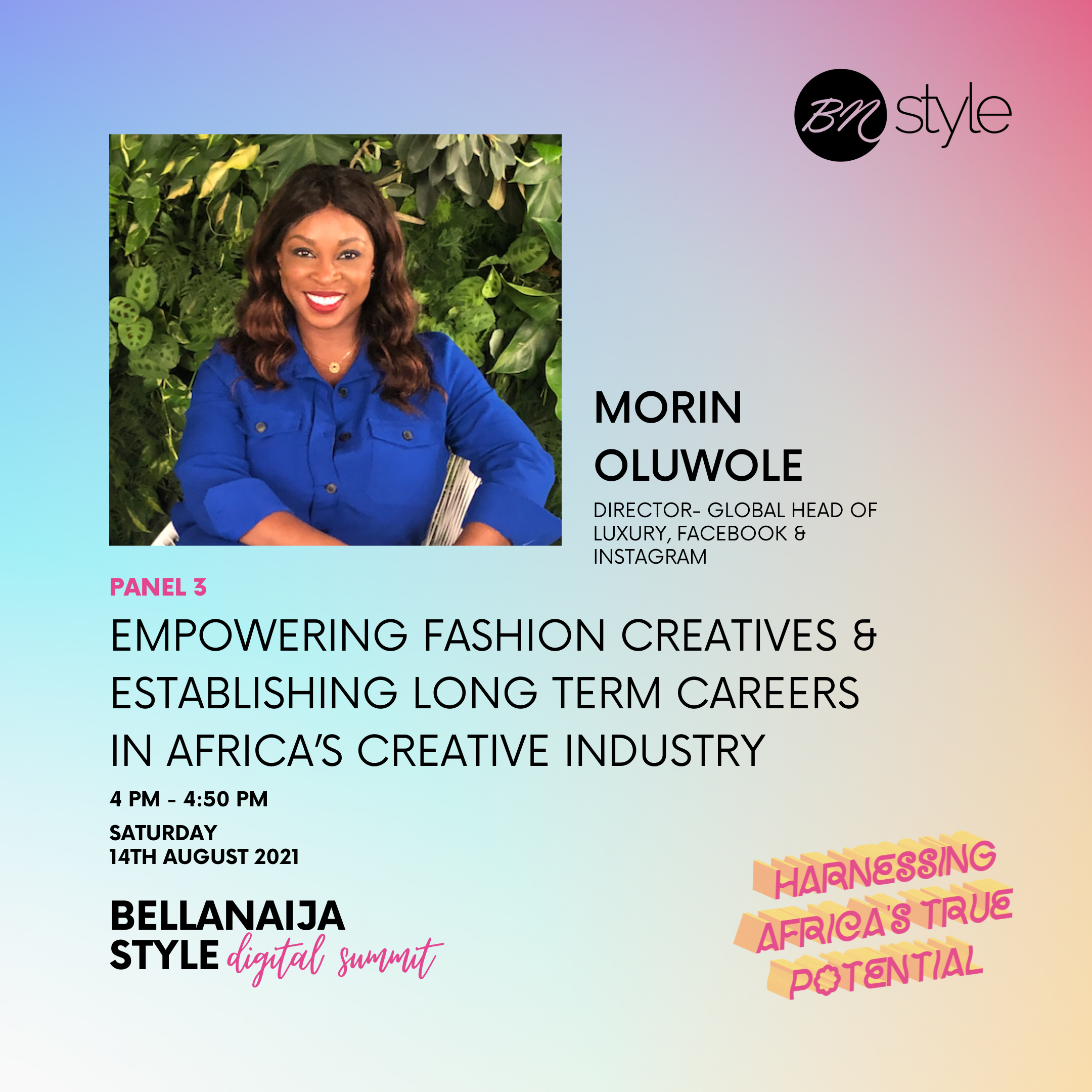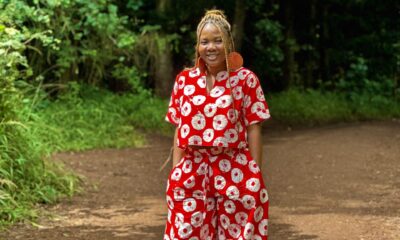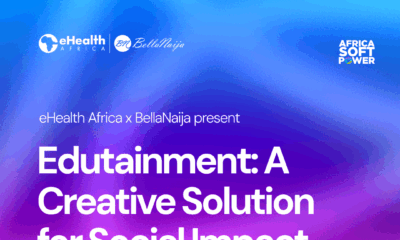Beauty
Sign Up For The BellaNaija Style Digital Summit Here – August 14th, 2021
BellaNaija Style Digital Summit is back for its 2nd Edition this August!
 Building on the success of the BNS inaugural virtual conference in 2020 tagged “Mapping Africa’s Fashion Future” – that included top names in the African fashion industry who fearlessly explored what’s next for the industry following an unprecedented time. Over 200 guests were in attendance with an estimated reach of 305k within the BNS Digital Summit month.
Building on the success of the BNS inaugural virtual conference in 2020 tagged “Mapping Africa’s Fashion Future” – that included top names in the African fashion industry who fearlessly explored what’s next for the industry following an unprecedented time. Over 200 guests were in attendance with an estimated reach of 305k within the BNS Digital Summit month.
BellaNaija Style will again convene leading experts and global thought leaders in the fashion, and lifestyle business to provide a truly global perspective on how the African industry is transforming in this new and very different world.
This year’s BellaNaija Style Virtual Summit: Harnessing Africa’s True Potential includes a lineup of highly influential African game-changers on the continent and in the diaspora. BellaNaija Style aims to tackle relevant topics around production, sustainability, and consumerism to equip African designers, creatives, and influencers with much-needed skills needed to thrive both on the continent and globally.
Over a 4-hour live broadcast of interactive conversations and panel discussions, speakers will unpack the theme “Harnessing Africa’s True Potential” and outline the steps that need to be taken over the coming decade to align the blossoming African industry with global goals and trends.
- THE PANELS
#MadeinAfrica: Exploring Africa’s Potential As A Global Fashion Manufacturing Hub

BellaNaija Style‘s Head of Content Mary Edoro will lead this opening conversation titled #MadeinAfrica: Exploring Africa’s Potential As A Global Fashion Manufacturing Hub with keynote speakers Omoyemi Akerele, the Founder and Executive Director of Style House Files, and Simone Cipriani, UN Officer and Founder of Ethical Fashion Initiative. These industry leaders will discuss the dynamics of the textile industry in Africa, proffer solutions on how we can create more commercial value internationally for our locally produced fabrics, and advance the process of industrialization of their production.
Tackling Waste & Building A Sustainable Fashion Future
 In recent years, there has been a growing awareness of the fashion industry’s environmental impact, sparked by abundant evidence of increased worldwide clothing consumption and fuelled by increased clothing accessibility and affordability. The environment has been at the forefront of many critical discussions in 2021.
In recent years, there has been a growing awareness of the fashion industry’s environmental impact, sparked by abundant evidence of increased worldwide clothing consumption and fuelled by increased clothing accessibility and affordability. The environment has been at the forefront of many critical discussions in 2021.
On the continent, landfill sites brim with rotting clothing from fast fashion brands. The fashion industry’s continued expansion has caused a spike in landfills loaded with discarded clothing that no longer fits the trend. According to research, the United Kingdom sends 10,000 items of clothing to landfills every five minutes, with major African cities like Lagos and Accra having huge dumping grounds flooded with discarded fashion items.
From responding to the United Nations’ Sustainable Development Goals, new advances in recycled fabric technology to the promotion of African textiles heritage, how are top our designers and key industry leaders paving the way for a more environmentally responsible future of fashion?
Empowering Fashion Creatives & Establishing Long Term Careers in Africa’s Creative Industry
 When viewed through the prism of cultural expansion and recent worldwide adoption, Africa’s contribution to the creative sector is substantial. The creative industry has steadily risen to the forefront as a major engine of socio-economic and cultural growth during the last decade.
When viewed through the prism of cultural expansion and recent worldwide adoption, Africa’s contribution to the creative sector is substantial. The creative industry has steadily risen to the forefront as a major engine of socio-economic and cultural growth during the last decade.
Post pandemic, Africa’s youthful creative industries are very ripe for investment. With big corporations like Netflix and Universal Music Group growing their presence on the continent, African fashion, music, and movies continue to achieve global prominence.
However, while we have a lot of skills, we don’t have a lot of infrastructures. The continent is brimming with youthful skill, but the resources and infrastructure needed for creatives to stay relevant while also sustaining a profitable and long-term profession is lacking.
In order to address unemployment in the creative and other industries, we will in this session, discuss which jobs must be produced, for whom, and why. Together with experts in the creative fashion and beauty industry, we assess where the greatest unmet needs are, and consider how to apply the knowledge gained with a clear execution approach.
THE SPEAKERS
